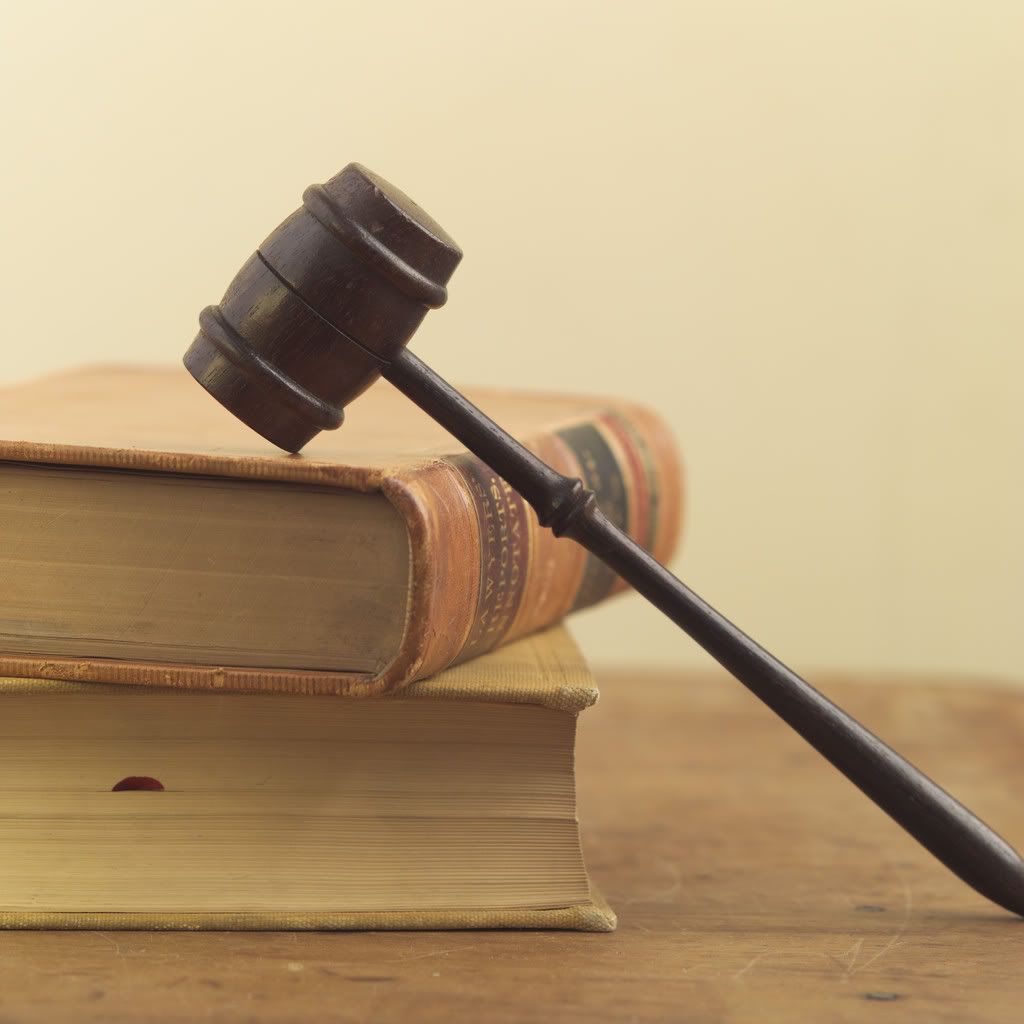 |
| Let's mediate whether you can live in your home |
About a year into this saga, the lawyers for the condo board were writing lies about the leaks being our fault. They wrote we had not installed a chimney on the main floor properly and that it was responsible for flooding all three floors and both ends of the condo. Of course, the chimney and fireplace were without water traces but the board hired contractors to secretly remove the chimney and dispose of it so that no evidence could ever be brought to court. Never mind that the chimney on the main floor might have trouble flooding two floors above! I never said the lawyers representing the board were smart.
Today, that chimney is still missing and the chairman "has no idea where it is". The board eventually admitted it was wrong and after two years it replaced the chimney last year (2009). I guess that is the first step to admitting liability.
But the main point to this note is to summarize a chat that a board member had with us after an Annual General Meetings where our "situation" was discussed. It was well-intentioned, I'm sure, and the owner-board member asked if we would participate in "mediating" our differences with the board--and he would act as mediator. I was shocked and after some thought politely declined. My view was that "mediating" with a party that is preventing you from living in your home is like mediating with a thief about returning your possessions. It isn't right, it isn't legal and the situation needs to be fixed before anything like mediation happens.
You don't mediate the right to live in your home.
If this condo board starts acting properly and repairs our home properly so we can move back then they can mediate the level of damages they owe us for three years of renting and all the hardship we've had to endure. But, we're happy to let a judge figure it out because of the penalties and interest that will likely be applied. We've got thousands of photos, all the board's emails, communication with the property manager and reports from the experts. When the last two board members toured our damage they were surprised at the situation and complexity of events. One said "I hope there isn't a test because there is so much detail I never knew". That doesn't sound like a board that has any idea of what is going on. Most have never seen the damage to our place that they have caused--yet our door isn't more than 100 feet from their front doors.
Trying to mediate something that is clearly the fault of the board demonstrates the ignorance and insensitivity of the group. The right thing to do is admit the faults of Phase 1, fix the place completely as it was in 2006 and stop hurting people. I'm almost certain none of the board as individuals would act carelessly and flagrantly but under the protection of a board of managers things are different. After three years where the board has still not fixed our damage but has fixed all the neighbouring units just proves the board is either vengeful or just dysfunctional. Given the money and contractors involved you can't rule out the possibility that someone is getting an unspoken benefit. No matter what the motivation, the Condominium and Property Act of Alberta does not prevent it. The judge and lawyers who work this case can't come to a reasonable decision on how to proceed and the insurance companies (ING, Co-operators) are completely useless and non-responsive.If we lived in a house instead of a condominium people would be in jail or legal trouble for taking steps to damage someone's home. Under the CPA, this body of directors can hide behind the Act and do little or nothing with virtually no immediate risk. Trying to mediate out of this mistake is transparent and a signal that little thought is going into resolving this problem.

